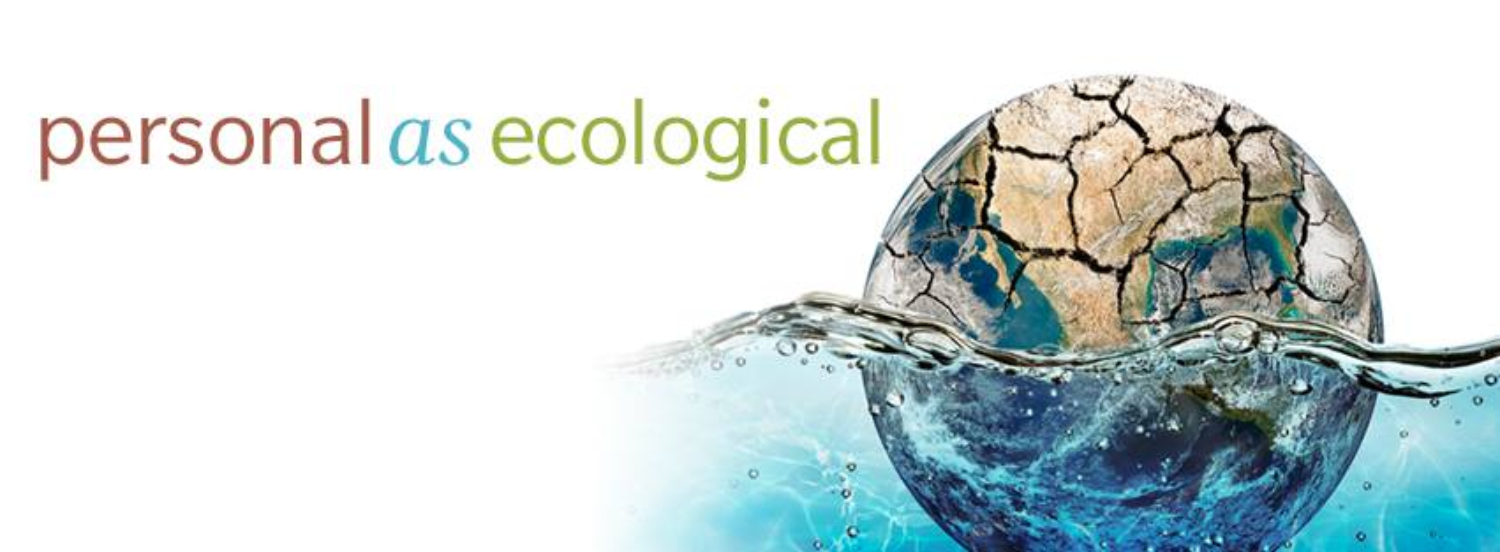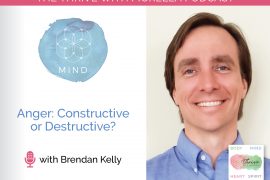As has been discussed by many authors, the ecological effects of an economy based on growth are far-reaching. Despite what advertisements and manufacturers might imply, the things that we buy do not simply materialize out of thin air. Things like shoes, cars, and phones come from somewhere and are made from actual things. And much of the manufacture of these things is unsustainable both in terms of what is being taken from nature as well as what is being returned in terms of waste. We are converting physical aspects of nature into commodities that we can buy and sell, often creating toxicity in the process.
The overwhelming emphasis of our economy is on buying new things and, soon after, replacing them with more new things. As we discussed before, this economic emphasis is on the Yang, and from a Five Phases perspective it’s also about the Wood. And as it comes from basic assumptions about the world, this overemphasis on both Yang and Wood can also be seen in many other aspects of U.S. and Western culture. One obvious example is the amount of new information being created. The sheer number of new ideas, new perspectives, and new technologies being disseminated in all aspects of life has reached a fever pitch. There are even new life forms being created through bioengineering. While some of these ideas and technologies are important and worthwhile, the Five Element perspective shows us that newness is only one part of picture. As always, the issue is one of balance, and it’s clear that we have become infatuated with the new.
We may hope that we can live healthy lives and have a sustainable world with this strong emphasis on the new. We may think that we can have all of this continuous newness and still live a balanced life and a have harmonious society. But a basic understanding of the Five Element cycle clearly indicates otherwise.
Whenever we overemphasize one aspect of our lives or one aspect of a culture, there are inevitable consequences. Just as our cultural overemphasis on the Yang of new and more has affected the ecological coolant of the planet, our overemphasis on Wood is affecting the other phases. Looking at the Five Elements circle, the Sheng cycle is represented by the line on the outside that moves clockwise. As the image demonstrates, Water feeds Wood. In other words, the growth and newness that is the Wood draws its strength from the Water, just as watering a plant helps it grow. For something to grow continuously, it will necessarily pull from the reserves that are stored in the Water phase.
On a larger scale, for an economy to grow continuously, it needs to constantly draw from some deep reserve of energy. In the industrial era, this reserve has been oil. Without this source of concentrated energy, what’s called the progress of industrialization simply would not have been possible. In other words, without a sustained source of Water, there could not be the continuous growth of the Wood. And with our cultural infatuation with continuous economic expansion, it’s inevitable that the deep reserves that are the Water will be compromised. As the jing of the planet, oil has literally fueled the quest for the growth of the U.S. and global economy for over 150 years.
Rather than a surprise, peak oil is an inevitability. All the growth and the supposed progress that we equate with our modern society had to be fueled by something. The energy to build things, make things, market things, and move things around has to come from somewhere. A large part of this somewhere is below the ground, and the something is oil.
To say that we have been using oil at a faster rate than it can be replenished is a huge understatement. What has taken millions of years to create, we have used up in less than two centuries. In hindsight, once we knew that it takes millions of years to create oil, what did we think was going to happen to the supply? Did we think that we would always be able to find more? Were we hoping that somehow the biological processes that created oil would speed up to create more for us?
We are infatuated with growth, and infatuation requires that the scope of the questions asked and answers sought be limited significantly. When we take off the glasses that have us seeing continuous growth as possible and desirable, our view of the landscape changes. Rather than a sign of progress and development, the quest for continuous growth—seen through the lens of Chinese medicine—is revealed as inevitably pathological and destructive.






Comments are closed.